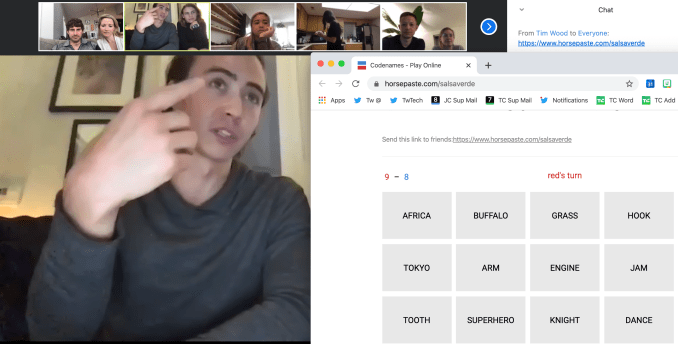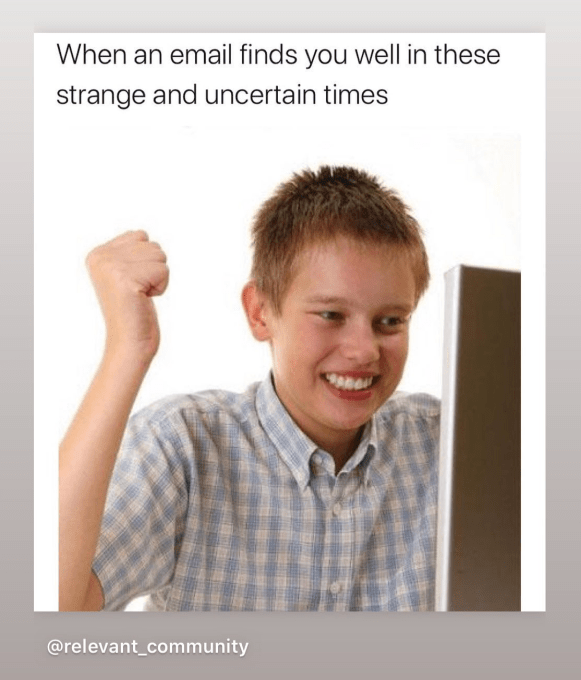Hallmark launching a streaming service with two new original series, and Bill Skarsgård out for revenge in “Boy Kills World” are some of the new television, films, music and games headed to a device near you.
Also among the streaming offerings worth your time as selected by The Associated Press’ entertainment journalists: Alex Garland’s “Civil War” starring Kirsten Dunst, Natasha Rothwell’s heartfelt comedy for Hulu called “How to Die Alone” and Sylvester Stallone’s second season of “Tulsa King” debuts.
NEW MOVIES TO STREAM SEPT. 9-15
— Alex Garland’s “Civil War” is finally making its debut on MAX on Friday. The film stars Kirsten Dunst as a veteran photojournalist covering a violent war that’s divided America; She reluctantly allows an aspiring photographer, played by Cailee Spaeny, to tag along as she, an editor (Stephen McKinley Henderson) and a reporter (Wagner Moura) make the dangerous journey to Washington, D.C., to interview the president (Nick Offerman), a blustery, rising despot who has given himself a third term, taken to attacking his citizens and shut himself off from the press. In my review, I called it a bellowing and haunting experience; Smart and thought-provoking with great performances. It’s well worth a watch.
— Joey King stars in Netflix’s adaptation of Scott Westerfeld’s “Uglies,” about a future society in which everyone is required to have beautifying cosmetic surgery at age 16. Streaming on Friday, McG directed the film, in which King’s character inadvertently finds herself in the midst of an uprising against the status quo. “Outer Banks” star Chase Stokes plays King’s best friend.
— Bill Skarsgård is out for revenge against the woman (Famke Janssen) who killed his family in “Boy Kills World,” coming to Hulu on Friday. Moritz Mohr directed the ultra-violent film, of which Variety critic Owen Gleiberman wrote: “It’s a depraved vision, yet I got caught up in its kick-ass revenge-horror pizzazz, its disreputable commitment to what it was doing.”
NEW MUSIC TO STREAM SEPT. 9-15
— The year was 2006. Snow Patrol, the Northern Irish-Scottish alternative rock band, released an album, “Eyes Open,” producing the biggest hit of their career: “Chasing Cars.” A lot has happened in the time since — three, soon to be four quality full-length albums, to be exact. On Friday, the band will release “The Forest Is the Path,” their first new album in seven years. Anthemic pop-rock is the name of the game across songs of love and loss, like “All,”“The Beginning” and “This Is the Sound Of Your Voice.”
— For fans of raucous guitar music, Jordan Peele’s 2022 sci-fi thriller, “NOPE,” provided a surprising, if tiny, thrill. One of the leads, Emerald “Em” Haywood portrayed by Keke Palmer, rocks a Jesus Lizard shirt. (Also featured through the film: Rage Against the Machine, Wipers, Mr Bungle, Butthole Surfers and Earth band shirts.) The Austin noise rock band are a less than obvious pick, having been signed to the legendary Touch and Go Records and having stopped releasing new albums in 1998. That changes on Friday the 13th, when “Rack” arrives. And for those curious: The Jesus Lizard’s intensity never went away.
— AP Music Writer Maria Sherman
NEW SHOWS TO STREAM SEPT. 9-15
— Hallmark launched a streaming service called Hallmark+ on Tuesday with two new original series, the scripted drama “The Chicken Sisters” and unscripted series “Celebrations with Lacey Chabert.” If you’re a Hallmark holiday movies fan, you know Chabert. She’s starred in more than 30 of their films and many are holiday themed. Off camera, Chabert has a passion for throwing parties and entertaining. In “Celebrations,” deserving people are surprised with a bash in their honor — planned with Chabert’s help. “The Chicken Sisters” stars Schuyler Fisk, Wendie Malick and Lea Thompson in a show about employees at rival chicken restaurants in a small town. The eight-episode series is based on a novel of the same name.
— Natasha Rothwell of “Insecure” and “The White Lotus” fame created and stars in a new heartfelt comedy for Hulu called “How to Die Alone.” She plays Mel, a broke, go-along-to-get-along, single, airport employee who, after a near-death experience, makes the conscious decision to take risks and pursue her dreams. Rothwell has been working on the series for the past eight years and described it to The AP as “the most vulnerable piece of art I’ve ever put into the world.” Like Mel, Rothwell had to learn to bet on herself to make the show she wanted to make. “In the Venn diagram of me and Mel, there’s significant overlap,” said Rothwell. It premieres Friday on Hulu.
— Shailene Woodley, DeWanda Wise and Betty Gilpin star in a new drama for Starz called “Three Women,” about entrepreneur Sloane, homemaker Lina and student Maggie who are each stepping into their power and making life-changing decisions. They’re interviewed by a writer named Gia (Woodley.) The series is based on a 2019 best-selling book of the same name by Lisa Taddeo. “Three Women” premieres Friday on Starz.
— Sylvester Stallone’s second season of “Tulsa King” debuts Sunday on Paramount+. Stallone plays Dwight Manfredi, a mafia boss who was recently released from prison after serving 25 years. He’s sent to Tulsa to set up a new crime syndicate. The series is created by Taylor Sheridan of “Yellowstone” fame.
NEW VIDEO GAMES TO PLAY
— One thing about the title of Focus Entertainment’s Warhammer 40,000: Space Marine 2 — you know exactly what you’re in for. You are Demetrian Titus, a genetically enhanced brute sent into battle against the Tyranids, an insectoid species with an insatiable craving for human flesh. You have a rocket-powered suit of armor and an arsenal of ridiculous weapons like the “Chainsword,” the “Thunderhammer” and the “Melta Rifle,” so what could go wrong? Besides the squishy single-player mode, there are cooperative missions and six-vs.-six free-for-alls. You can suit up now on PlayStation 5, Xbox X/S or PC.
— Likewise, Wild Bastards isn’t exactly the kind of title that’s going to attract fans of, say, Animal Crossing. It’s another sci-fi shooter, but the protagonists are a gang of 13 varmints — aliens and androids included — who are on the run from the law. Each outlaw has a distinctive set of weapons and special powers: Sarge, for example, is a robot with horse genes, while Billy the Squid is … well, you get the idea. Australian studio Blue Manchu developed the 2019 cult hit Void Bastards, and this Wild-West-in-space spinoff has the same snarky humor and vibrant, neon-drenched cartoon look. Saddle up on PlayStation 5, Xbox X/S, Nintendo Switch or PC.




 Even celebrities are getting into it. Rather than pristine portraits and flashy music videos, they’re appearing raw, with crappy lighting, on Facebook and Instagram Live. John Legend played piano for 100,000 people while his wife Chrissy Teigen sat on screen in a towel looking salty like she’s heard “All Of Me” far too many times. That’s more authentic than anything you’ll get on TV.
Even celebrities are getting into it. Rather than pristine portraits and flashy music videos, they’re appearing raw, with crappy lighting, on Facebook and Instagram Live. John Legend played piano for 100,000 people while his wife Chrissy Teigen sat on screen in a towel looking salty like she’s heard “All Of Me” far too many times. That’s more authentic than anything you’ll get on TV.
































